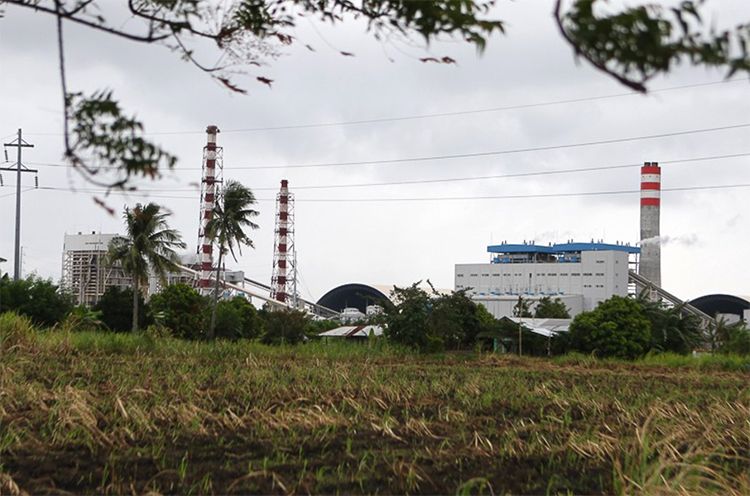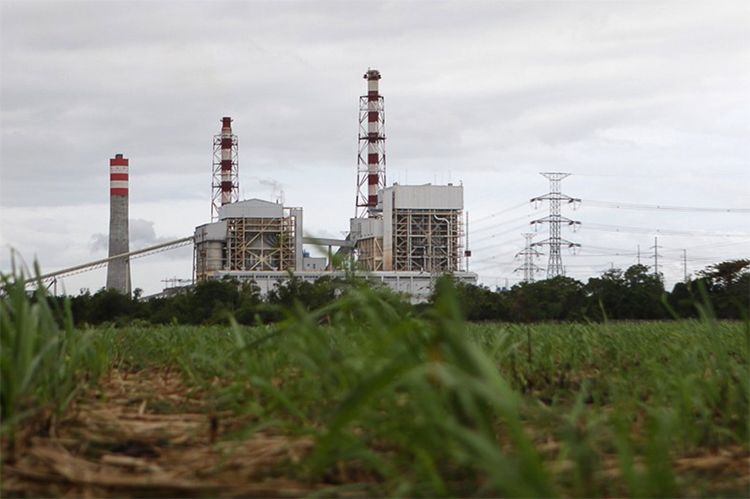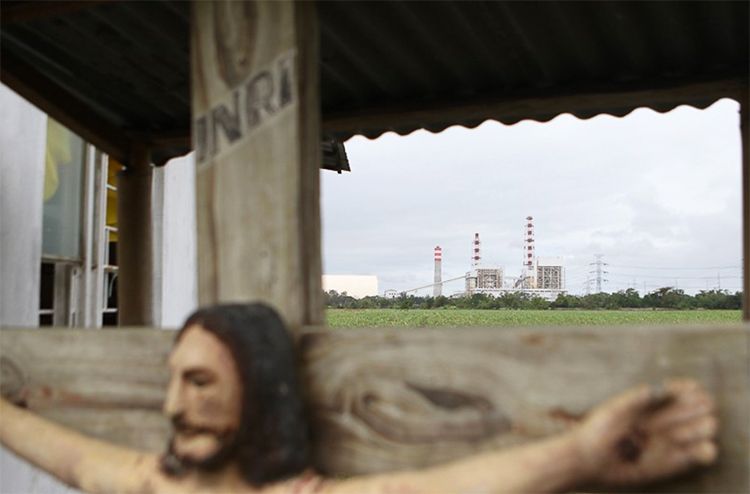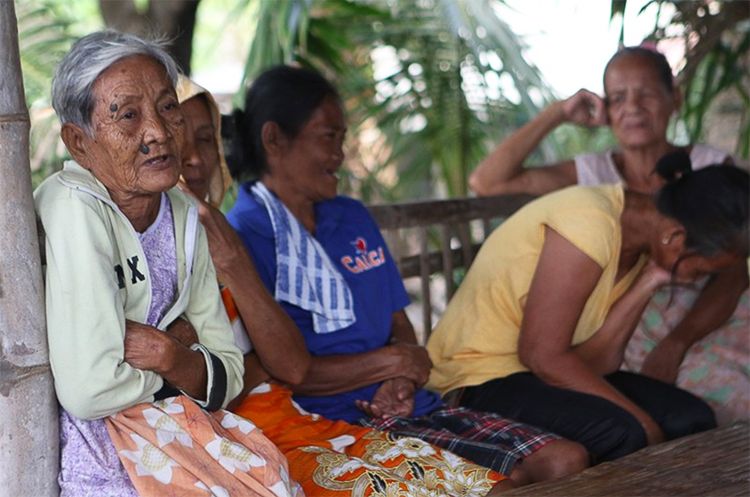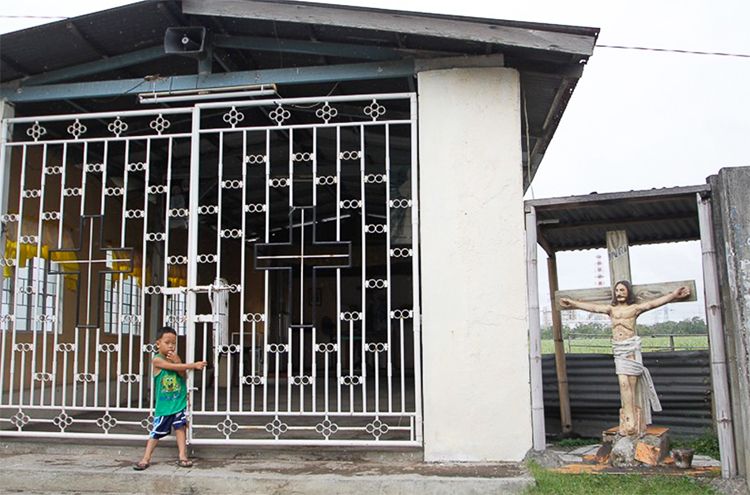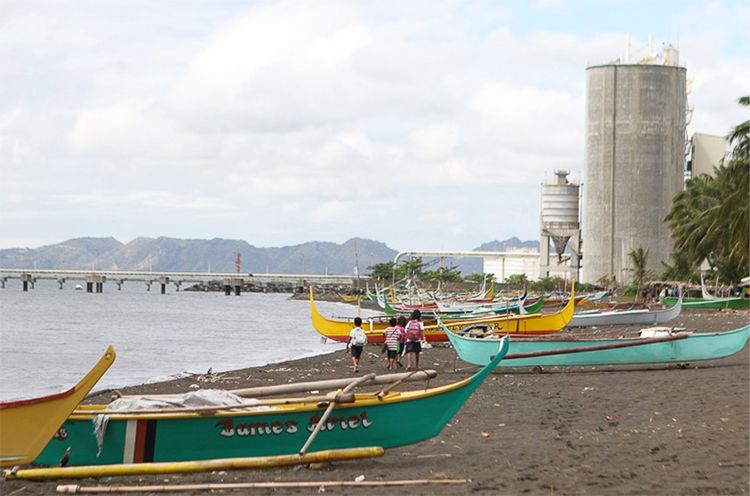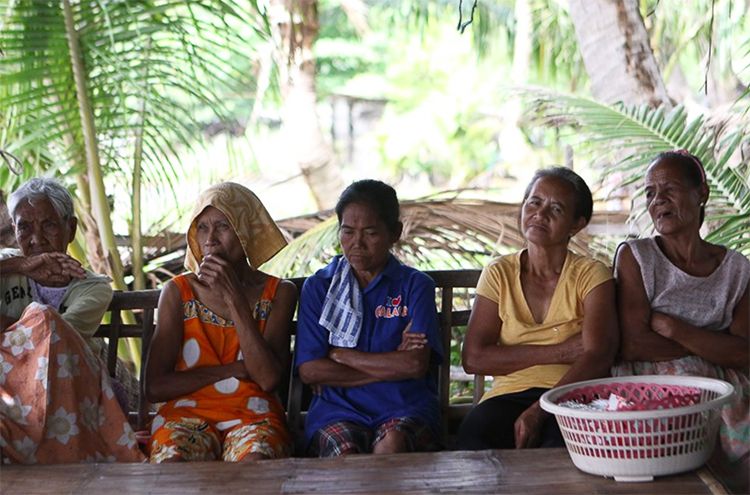MOST RECENT
POPULAR

The best of EcoWatch, right in your inbox. Sign up for our email newsletter!
Photo Essay Documents Plight of Communities Living Near Philippines’ Oldest Coal Plant
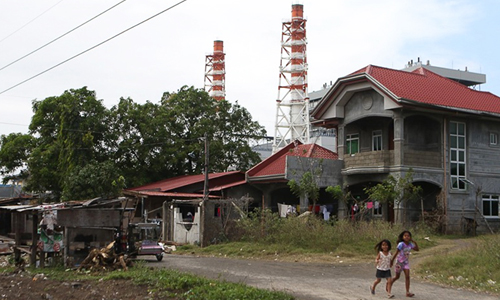
Coal is a highly polluting energy source. The use of coal brings with it a host of environmental, human health and social costs, which can be clearly seen through its impacts on mostly poor communities in and around coal-fired power plants.
Photo credit: AC Dimatatac / Piglas Pilipinas!
Photographer AC Dimatatac, visited Calaca, Batangas, to join a community consultation led by Bukluran Para sa Inang Kalikasan (BUKAL), with the residents of Barangay Quisumbing, to document the plight and struggle of communities living near the Philippines’ oldest coal plant—the Calaca power station a 600-megawatt (MW) coal-fired power station owned by DMCI Holdings Incorporated of the Consunji Group in Calaca, the Philippines.
Photo credit: AC Dimatatac / Piglas Pilipinas!
The coal plant stands prominently behind the statue of a crucified Christ at a chapel near Barangay Quisumbing, Batangas. Photo credit: AC Dimatatac / Piglas Pilipinas!
Elders of the Barangay Quisumbing share their experiences about the coal power plant near their area. Photo credit: AC Dimatatac / Piglas Pilipinas!
A child plays in front of a chapel that stands along the way to Barangay Quisumbing, Calaca, Batangas. Photo credit: AC Dimatatac / Piglas Pilipinas!
Children walking along the shores of Calaca Bay, where the 600 megawatt power plant stands since 1984 causing great damage to the environment and health of the residents for over thee decades. Photo credit: AC Dimatatac / Piglas Pilipinas!
Residents speak about how they bore witness to the construction and eventual 30-year operation of the coal plant that continues to this day. Photo credit: AC Dimatatac / Piglas Pilipinas!
Peti Enriquez, of Bukluran ng Inang Kalikasan (BUKAL), the main organization campaigning leading the anti-coal campaign in Calaca, gives a historical background of how the rule of eminent domain was used by the national government to take the coastal region of Calaca, in the late 1970s to build a power plant for the massive industrialization that was being implemented in the region at that time. Photo credit: AC Dimatatac / Piglas Pilipinas!
EcoWatch Daily Newsletter
Related Articles from EcoWatch
Recent Stories from EcoWatch

 233k
233k  41k
41k  Subscribe
Subscribe 
